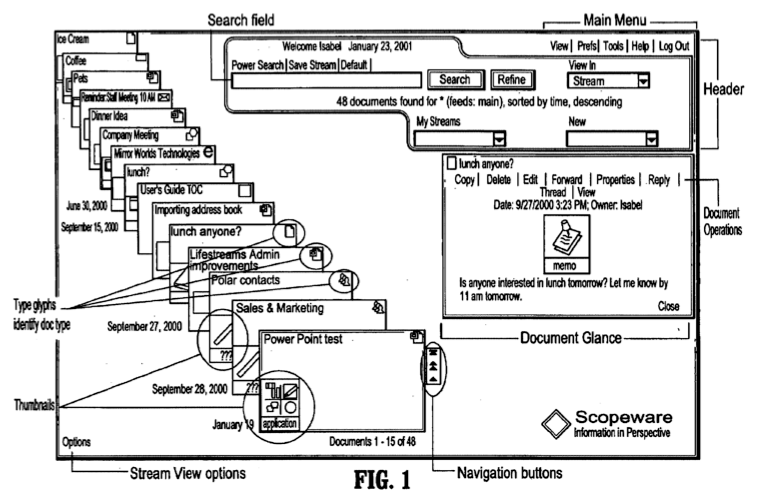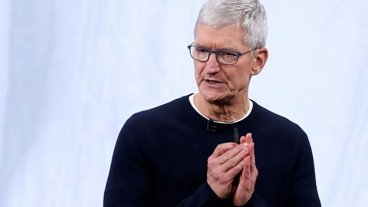Apple loses patent-infringement trial over Cover Flow, Time Machine
Mirror Worlds LLC filed the lawsuit in 2008, alleging that Apple had infringed on patents for creating "streams" of documents sorted by time. According to Bloomberg, a federal jury sided with Mirror Worlds on Friday, although specific details of the ruling were unavailable.
The judgment wasn't completely one-sided, though. Legal news site Law360 noted (registration required) in August that some of Mirror Worlds' claims again Apple had been ruled invalid for "indefiniteness."
Mirror Worlds' patents were based on research by Yale professor David Gelernter and then-doctoral student Eric Freeman. Gelernter emerged as a prominent computer scientist in the 1980s, eventually developing a time-based method of organizing data that he dubbed "lifestreaming." Patents for the concept date back as early as 1999 (1, 2, 3, 4).
In a March interview, Gelernter told Big Think that though he no longer held the patents for the suit, which he was told is the "largest lawsuit in patent history," he was still upset about not getting credit for the ideas.
Gelernter sees the Mac OS X features Spotlight and Time Machine, as well as the iTunes Cover Flow feature, as being taken from his ideas on "lifestreaming."
"That makes me angry personally, not because of the money, but because of the deliberate failure to acknowledge work that we would have made freely available as academics and that companies will not acknowledge because there is so much money involved."
The lawsuit was submitted to the Tyler County court in eastern Texas, an area known for favoring patent owners. In a study by Stanford Law professor Mark Lemley, an analysis of ten years of patent lawsuits revealed that the Eastern District of Texas has a higher than average claimant win percentage and a better chance of going to trial.
 Josh Ong
Josh Ong











 William Gallagher and Mike Wuerthele
William Gallagher and Mike Wuerthele
 Christine McKee
Christine McKee
 William Gallagher
William Gallagher
 Malcolm Owen
Malcolm Owen
 Marko Zivkovic
Marko Zivkovic


 Wesley Hilliard
Wesley Hilliard







